Dr. Georgia Charalambopoulou is a Research Director at the Environmental Research Laboratory since 2015. She holds a Diploma (1993) and a PhD (2003) both in Chemical Engineering from the National Technical University of Athens. Her research interests include the development and advanced characterization of nanostructured and nanoporous materials (carbon and silica-based, Metal Organic Frameworks, layered materials, etc.), carbon based hybrids (e.g. metal doped carbons, carbon infiltrated complex hydrides etc.), membranes (inorganic – polymeric) and nanocomposites with emphasis on sorption and diffusion processes for diverse environmental, energy and health applications; e.g. gas separations and storage (specific interest in H2, CO2, CH4 etc.), hydrogen and oil/gas technologies (materials-based storage, design of integrated storage systems), energy storage (e.g. batteries) and use (e.g. fuel cell) components; polymer nanocomposites and functional coatings; nanomatrices for drug delivery and tissue engineering.
She has developed a wide network of collaborators and extensive experience in externally funded research projects (she has participated in more than 30 national, European and international projects). She has supervised/co-supervised several undergraduate students (5), MSc students (6), PhD students (8) and Post-doctoral researchers (7). She has co-authored more than 75 publications in international editions and peer reviewed journals (h index: 19 – Scopus) and more than 150 contributions to international and national conferences.
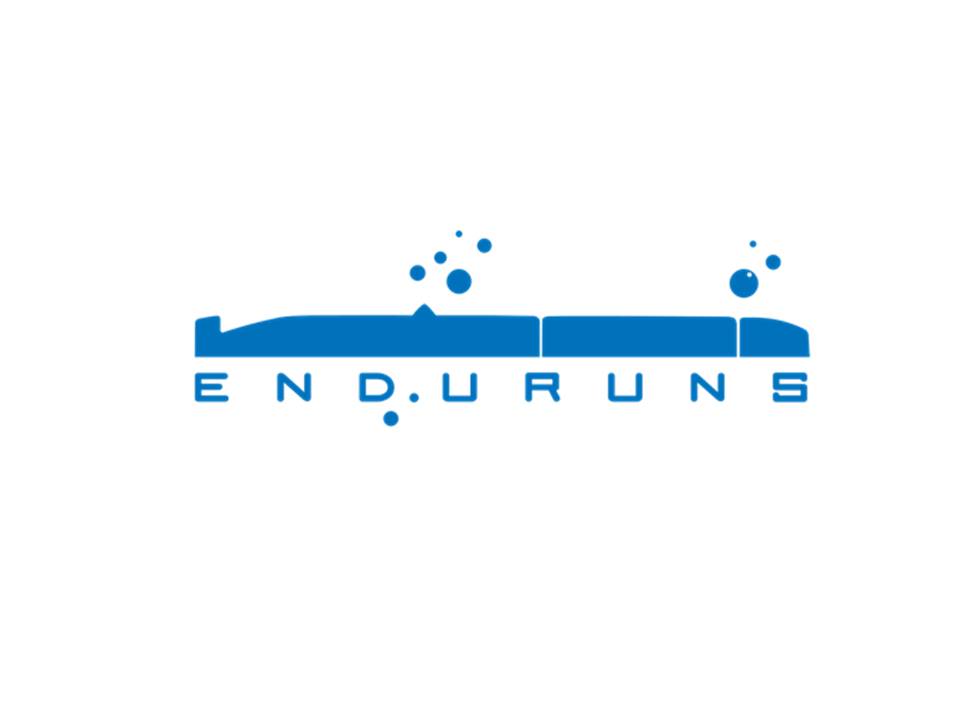
ENDURUNS project aims at the development of an integrated hybrid autonomous unmanned vehicle (AUV) system capable of operating under deep ocean conditions and performing a wide-range of missions, targeting the increase of scientific knowledge as well as industrial capability and performance. The hyb...
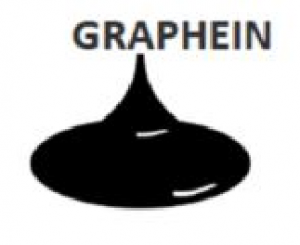
Among the most advanced applications of nanotechnology is the development of printed flexible electronics, which are expected to dominate soon in the field of electronic devices. Their development is directly linked to the demand for cost-efficient advanced conductive inks that can be printed on fle...
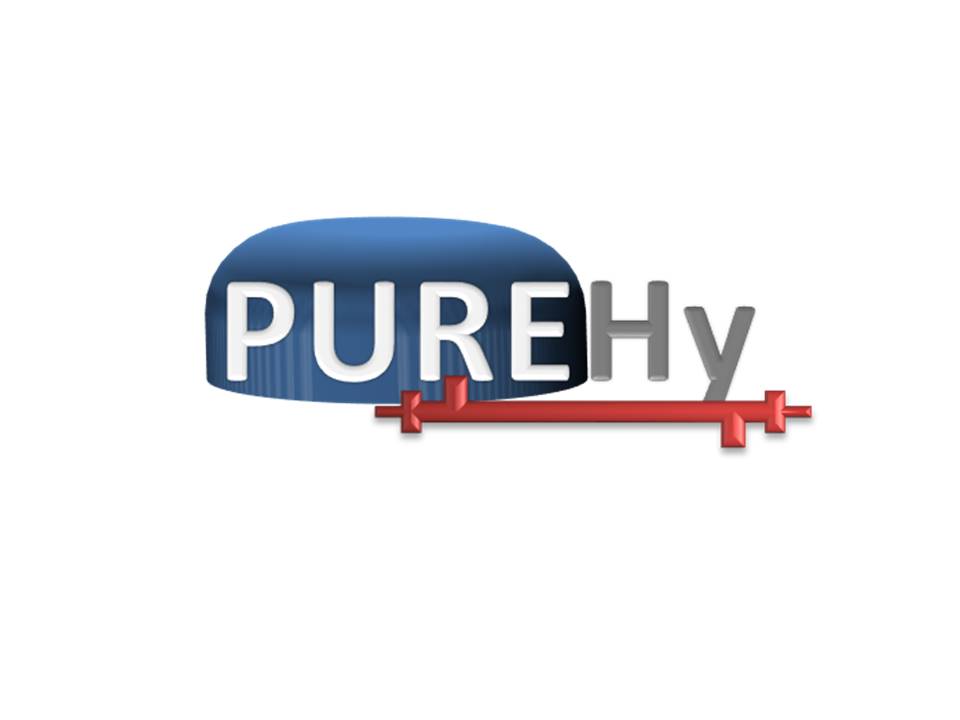
One of the most sustainable biomass exploitation routes is biogas production. Biogas is thermally rich, but rather poor for electricity generation. On the other hand, biogas reforming to produce H2/CO2 mixtures is a well-studied process and H2 is certainly the optimal fuel for the production of elec...
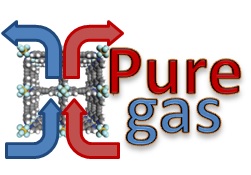
PUREGAS aims at the design and development of new gas-separation/purification prototype systems, specifically targeted for adsorption based H2 and air purification, by means of novel metal-organic frameworks (MOFs). PureGas will be centered on the synthesis and use of a new family of up-scalable, co...
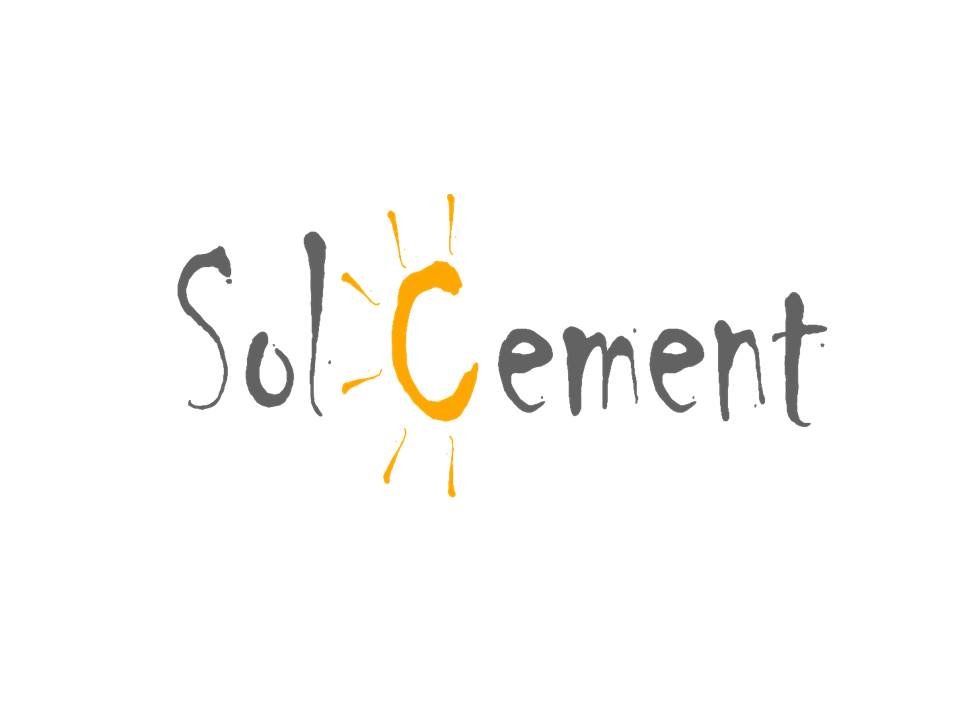
Cement production is one of the most crucial industrial processes worldwide, providing the most important construction raw material, but also being one of the main sources of CO2 emissions. The growing demand for cement combined with the need to reduce gas emissions dictate the transformation of the...
